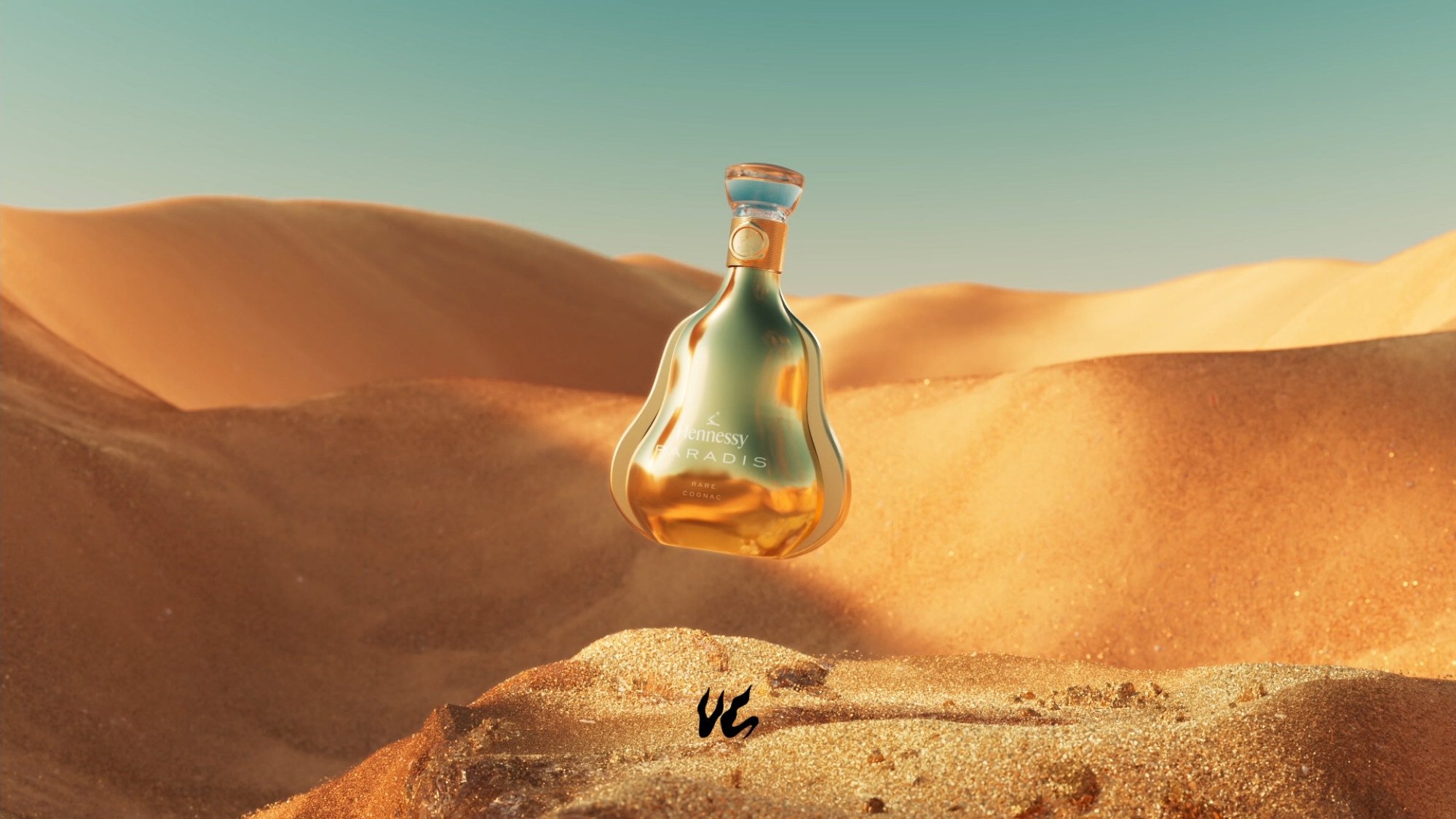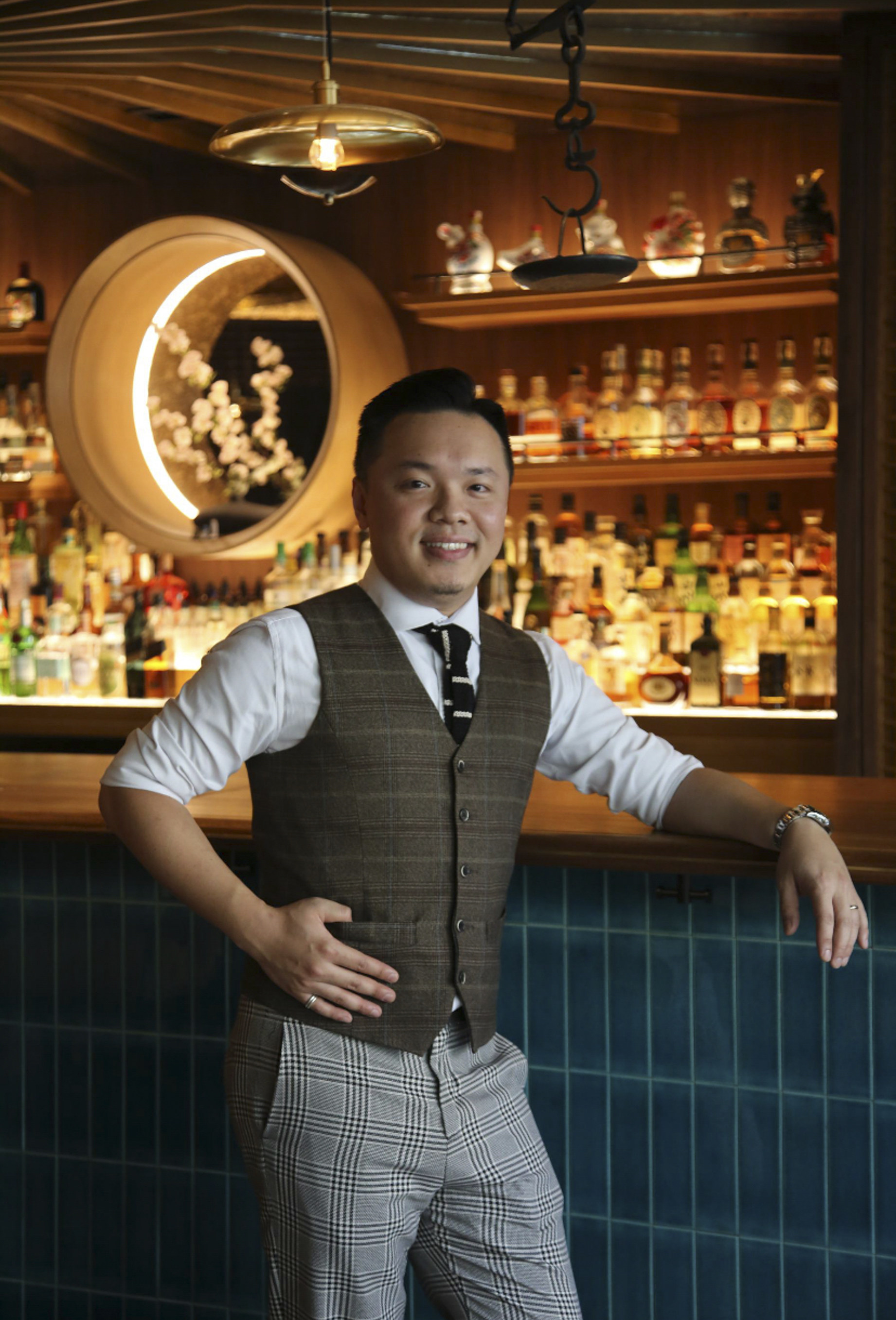
Blockchain with your burgundy: how NFTs are being minted by wine and spirits producers and auction houses to cut out counterfeits and draw young consumers
- Wine and spirits producers and middlemen have begun exploring use of the blockchain to assure their customers of the provenance of premium wines and spirits
- NFTs make it easier to trade wines and spirits, and allow their issuers to offer bonuses to customers. Yet uptake has been slow and they have their doubters
In the months that Jean-Marie Fourrier – fourth-generation president of Domaine Fourrier in Gevrey Chambertin, Burgundy, France – couldn’t meet his international distributors because of pandemic-induced travel bans, the uncertainty of what was to come loomed over him.
His solution: non-fungible tokens (NFTs).
Though admitting that he doesn’t fully grasp Web3 technology, Fourrier became one of the first wine producers to sell on Crurated, an online auction house founded in 2021 that lets end-consumers bid on collections, single lots and barrels of wine from producers such as Domaine Arnoux-Lachaux – which saw a price increase of 487 per cent last year – and the likes of Romanée-Saint-Vivant Grand Cru, which wine critic Robert Parker has awarded 99 points.
NFTs can be a bit like a classic car with a book of history. [They will] make the bottle more valuable than the one without traceability
After the auction, the lots remain in Crurated’s warehouse until buyers request them shipped, to save on import tax, lower the risk of damage during delivery and to stop undrunk bottles piling up at home: this means that while the NFT is traded internationally, the physical bottle doesn’t move.
In 2021, the wine industry hopped onto the blockchain train by applying the technology’s perks of provenance, data tracking and asset digitisation to age-old headaches such as warehouse management, quality control, logistics, counterfeits and lack of brand-to-consumer communication.

Yet only a handful of wine and spirit brands have used the blockchain in ways that their predecessors haven’t.
Last year, for instance, LVMH’s Hennessy launched two NFTs for its Hennessy 8, which comes with a complimentary trip to its estate in Cognac, France.
This spring, Napa Valley’s Robert Mondavi Winery brought to Asia its generative art NFTs plus magnum bottles crafted by French porcelain house Bernardaud – both are concepts similar to second-generation crypto collectibles that came with real-life perks in mid-2021.
Why Justin Bieber paid US$1.3 million for a virtual artwork NFT
The lack of interest is no surprise: a Google search of “blockchain”, “NFT”, and “Web3” more often than not shows results about scams, money laundering and jaw-dropping losses; not to mention the hefty investment and manpower involved for a traditional industry such as wine and spirits to make the digital reform. But slowly, this is changing.
Formerly at Google, Alfonso de Gaetano says he founded Crurated to offer buyers direct access to fine wines and a solution to counterfeits.
He thinks that in three to five years, 90 per cent of all top wines will be helmed with blockchain, adding that Crurated has seen 140 per cent growth since last year, even with the tech in its early stages.
“We’re a business model where the value goes back to the producers; we are not a distributor. For wine enthusiasts, they can get the bottle that’s immediately available from the platform,” de Gaetano says.
“From a winemaker’s perspective, they like our proposition because our platform is dedicated to each producer for a week; we take care of all the marketing and tech stuff. Everything is traced through blockchain.”
What we’re offering is not a dollars and cents return
For Fourrier, the NFT link is prized not just for its traceability, but mainly for the connection to young consumers.
“The question today is whether the upcoming generation will be buying the same wines in the same ways as previous generations,” he says. “NFTs can be a bit like a classic car with a book of history.
“In the mid to long term, it won’t make the bottle more valuable, but just more valuable than the one without traceability […] I’d be curious to see in five to 10 years’ time how the new generation will react to it.”

Despite the new revenue stream, Fourrier allocates just 20 per cent of his annual 3,500 cases to Crurated. The reasons, he says, is that the technology is still nascent, he wants to remain loyal to his traditional distributors and he’d prefer his wines to be in a social setting rather than a warehouse.
“My job and passion lie in winemaking: selling wine is a different job; it’s not really my strength. I just want to make wines for people to enjoy.”
Applying blockchain to the world of spirits, meanwhile, is John Rhodes, owner of spirits shop Caskells and co-founder of the Hong Kong Whisky Festival.
Since June, he’s been selling an NFT membership that allows owners to purchase casks, access his storage space and bottling line in Scotland and gain other privileges such as cask sampling, bottling experiences and outings in the Scottish countryside.
Forget wine – chefs pair Chinese food with single malt Scotch whisky
His NFT also replaces paper contracts of cask ownership and trade, which are currently done through brokers. And it guarantees provenance as long as the cask remains in his supervision.
“What we’re offering is not a dollars and cents return,” says Rhodes, adding that his inspiration came from weekends where cask agents would flock to Scotland for whisky sampling.
“We want to remove the mystique about whisky: getting to Scotland is difficult […] and people generally just see it as a place of highlands and valleys. We want to make the whole experience accessible – this is much more enjoyable than having a piece of paper representing your cask that’s sitting god knows where.”

John Ng Ho-yin, avid collector and wines and spirits director of tasting at Tasting Kitchen Media Group, however, thinks blockchain is just gilding the lily of an existing, functioning system.
“If there’s anything valid to NFT and blockchain in our industry, why aren’t brands like The Macallan or people like James Suckling doing it?” he says, referring to the whisky label and acclaimed wine critic, respectively.
“There is already a certificate system in place – that’s the so-called chain of proof. If the casks or barrels are sitting in a warehouse anyway, what’s the point of giving them NFTs?
“Big collectors have portfolio trackers or their own teams who they’d pay to sort out the transactions rather than looking into blockchain themselves.”

For Alvin Lam Nin-chun, founder of cask management, bottling and import company Courser of Woodland, blockchain best attracts cask investors with smaller budgets.
His NFT comes with the option of an augmented-reality label and a physical figurine, so “collectors have something to hold onto before they can physically touch the bottle”, he says.
Though Lam admits that his project is aimed at technology enthusiasts, he says that traditional cask investors can still benefit by using his NFT as a presale tool.
“Unless traditional investors want to drink the entire cask, they can design the label, figurine and animation, and then sell the NFTs to fund the bottling, delivery and import taxes.
“My solution just gives an earlier exit strategy for investors via a win-win, presale option so traditional cask owners don’t need a lot of money before they can make their own bottles.”
Where to wine and dine in Hong Kong – a wine seller’s top picks
Ng applauds Lam’s efforts but argues that genuine collectors want to see and taste the liquid. A twin – whether in digital or figurine form – just won’t do.
Despite blockchain’s ubiquity in the art, gaming and entertainment industries, he can’t see how it would work in the world of wine and spirits, given the massive quantities produced and the difficulty of authentication as soon as it leaves the producers or bonded warehouses.
Middlemen such as Crurated, Rhodes and Lam, adds Ng, are not enough of a driving force to implement widespread use of blockchain; yet traditional winemakers don’t care enough about marketing to make such an investment.
“Consumers and makers have been in this industry long enough not to be told what to do by a middleman,” Ng says. “People of domains and chateaux are not blockchain people: they are farmers; they grow grapes and malt and turn it into a product.
“Right now, blockchain for them means more work and more contracts.”
While Rhodes, Lam and Crurated may seem sanguine in using such technology in an industry that prides itself on tradition, they may just be the inspiration that sparks big brands to hop on the blockchain train.
After all, Web3 technology is much more than verification, gimmicks and contracts: it is, as per Fourrier, also spreading what he loves making to the people who love drinking it.

